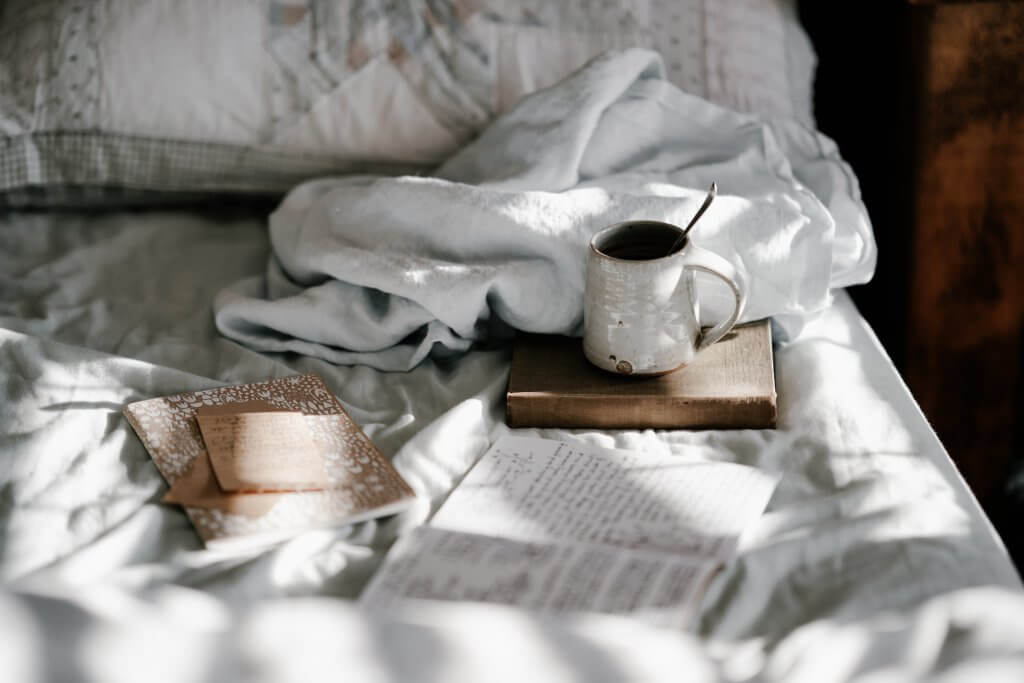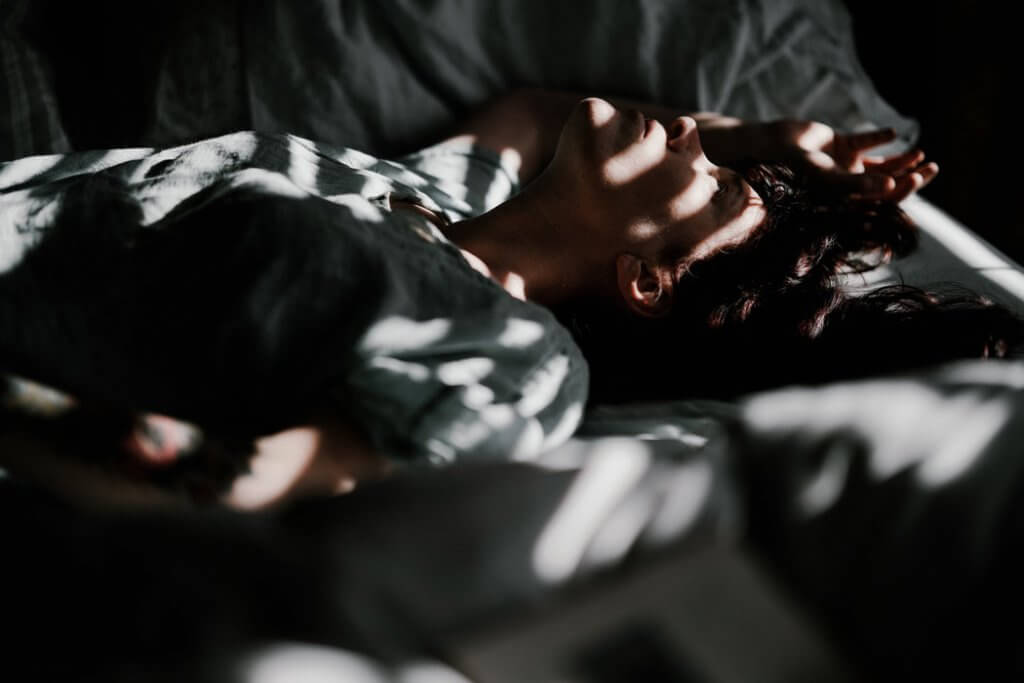Getting enough sleep is crucial for a whole host of reasons and it is something many of us struggle with. A new study published in ‘Science’ shows that the brain’s cleansing method, the so-called glymphatic system, is highly active during sleep. If the cleansing system feels off and you’re still tired after getting a full night’s sleep then one or more of these seven things could be to blame:
1. Dehydration
Without adequate fluid intake, your blood pressure will drop. This slows down the oxygen flow to the brain and can lead to you feeling flat out.
How to fix it:
Simply increase your H2O intake throughout the day. Try to get between six and eight glasses of water in you a day.

2. Underactive Thyroid
If your thyroid (a sleep hormone-producing gland) is underactive, it can cause exhaustion and oversleeping. If you know for a fact that you’re getting plenty of sleep, but still feel worn, then this could be your sleep thief.
As this can be something that’s hard to determine yourself, book an appointment with a doctor. After a quick blood test, they’ll be able to tell you if your thyroid is operating normally.
3. Alcohol
Although having a glass of wine at dinner initially will make you relax, it might affect your long-term sleep pattern.
The chemicals in alcohol can disrupt your sleep cycle partly through blocking your REM sleep (which is vital) but also by making you get up to pee more often. As well as that, alcohol is disrupting the circadian system, which is our body’s internal clock that regulates when to feel sleepy and when to be alert.
Cycling to Work Will Change Your Life, Here’s Why
4. Sleep Apnea
This relatively common disorder affects around 3-7 % of the world’s population and effectively makes you wake up several times each hour because you stop breathing. It sounds scarier than what it is since you don’t actually remember waking up the morning after. However, it does end up messing with the quality of your sleep. If you tend to wake up with a headache, it could be a sign of sleep apnea. Consult your doctor if you have a feeling you might be affected.

5. Napping
Having a quick 40 winks in the afternoon can either energise you or drain you, all depending on the duration of the snooze. It has been scientifically proven that while 30 minutes of napping can be revitalising, dozing off for longer than that will bring you into an REM cycle for an hour.
The trick is, therefore, to nap for either 30 minutes or 90 minutes, as long as you don’t interrupt the REM and wake up mid-cycle.
6 Ways to Improve Your Physical and Mental Performance in 2018
6. Mental Health
If you’re feeling down, tired and find it hard to get out of bed in the morning, it might not be a physical ailment but a mental one. If you are struggling internally with something or suffering from depression, it can often make it very difficult to get up when the alarm goes off. So if you’re feeling down and out in the mornings for no obvious reason, go see your doctor to make sure you get what you need to improve the situation.
7. Mineral Deficiency
Magnesium is more crucial than you might think when it comes to getting enough sleep as it maintains blood glucose levels, muscle health and concentration. A lack of it can easily make you feel like dragging your feet in the morning.
Magnesium can be found in leafy vegetables and nuts but if you’re eating kale for breakfast, lunch and dinner and still feeling tired, then magnesium tablets might be another option.
Check out our Hard as Nails podcast:
Like this? You should check these out:
- Sasha DiGiulian Cyber Bullied for Years by Fellow Climber
- Open Water Swimming: Top Tips from Olympian Keri-Anne Payne
- Product We Love: Eco Lantern Speaker











